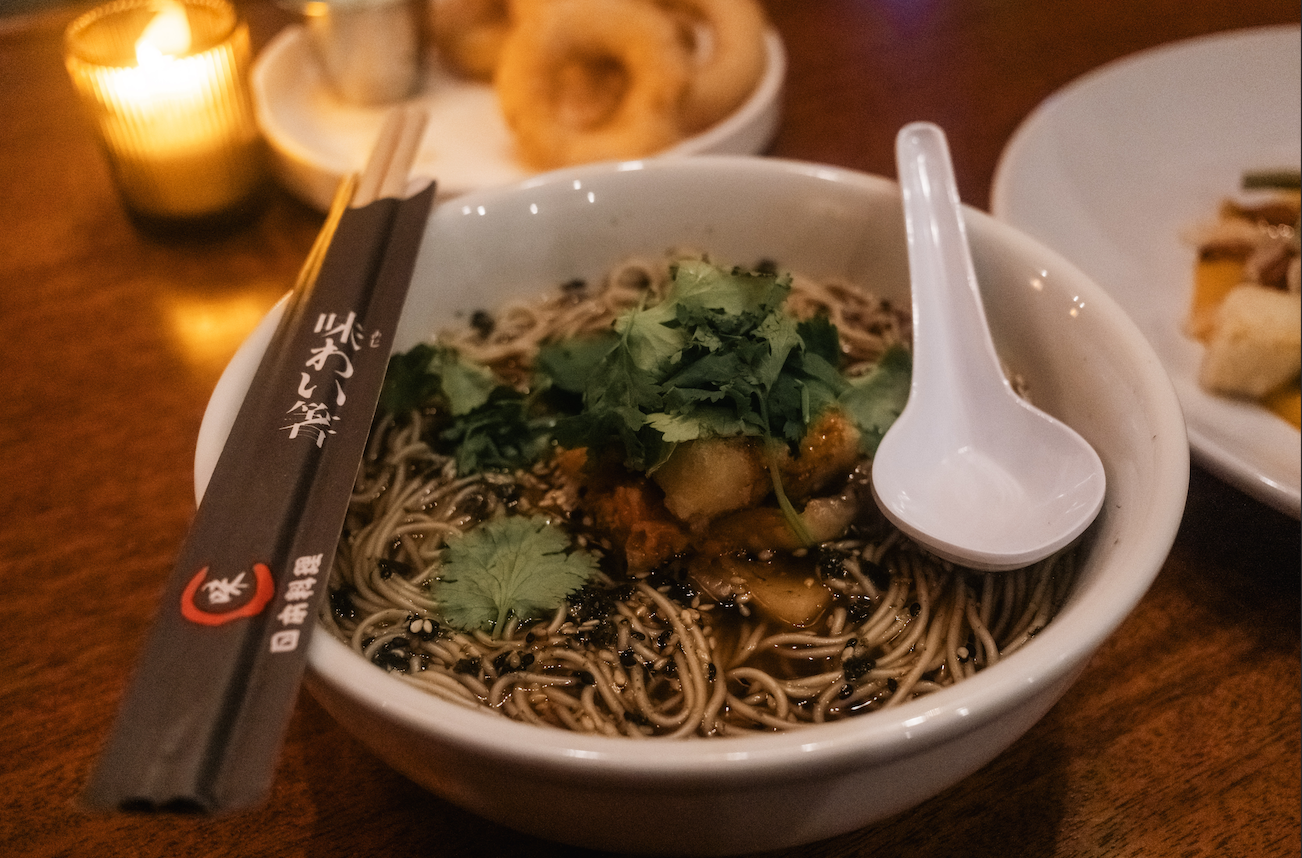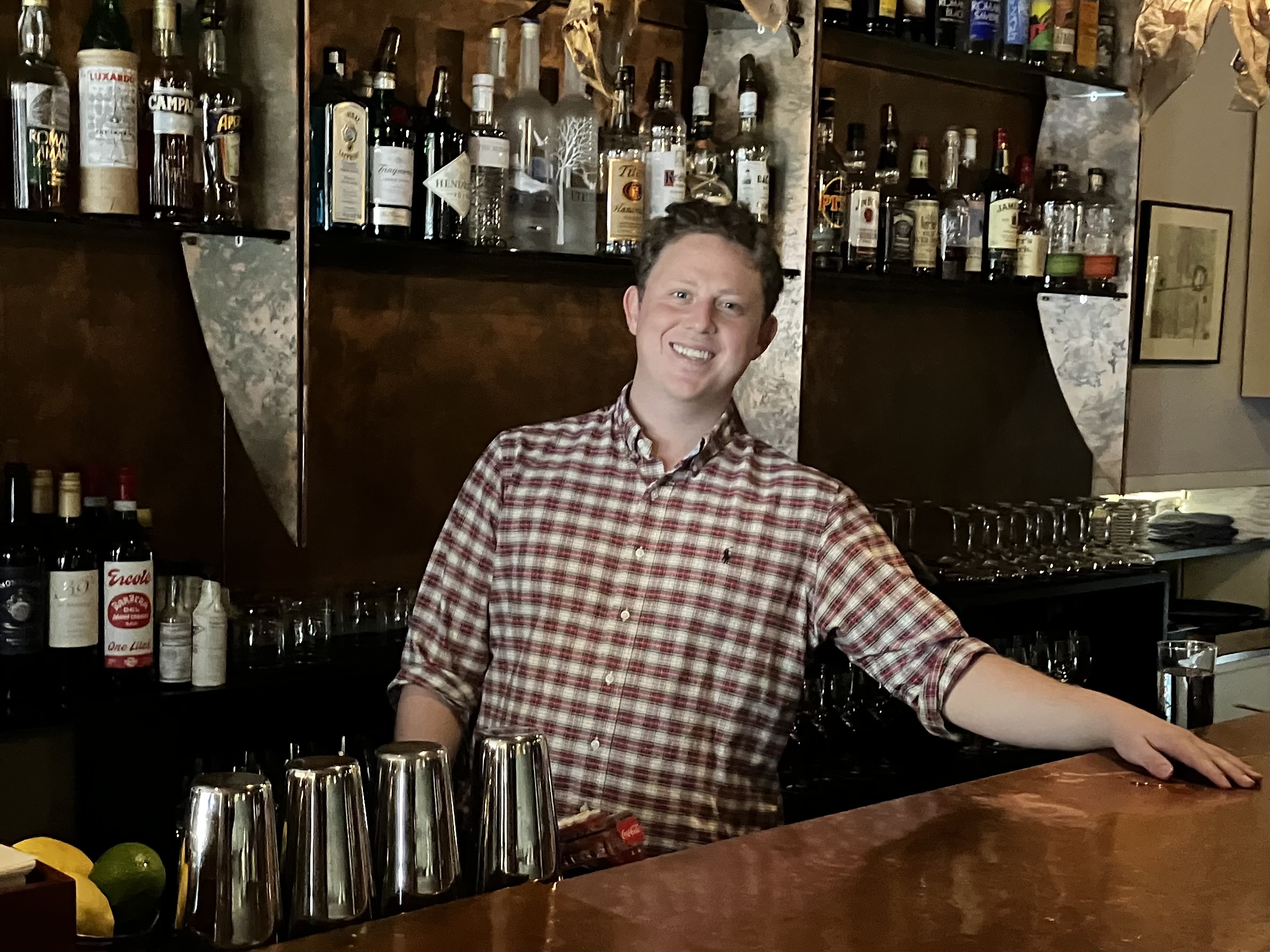It seemed to take everyone by surprise. On July 1, Minnesotans could suddenly buy delta-9 and other hemp-derived THC edibles, thanks to HF 3595. Gov. Tim Walz signed the act back in May.
What the hemp happened?
We looked to a local cannabis store to give us some answers.
Hemp House, a cannabis store in the Wedge neighborhood, has been selling hemp-derived THC products like delta-8 since it opened last summer. Now it’s stocking its shelves with delta-9, THC-0, delta-10 and HHC products, too. These hemp-derived products purport to give users a similar high to ingesting THC from the marijuana plant.
Hemp House was running low on their stock of all of their products on July 3, just two days after the Minnesota law went into effect.
The process of creating these THC products goes beyond growing a plant. It’s a chemical process that uses CBD, which is a common, legal hemp product sold at places like The Wedge Coop.
How the CBD goes from a salve sold at the coop to something that can make you stoned is beyond our journalism degrees. What we do know is that it’s legal and it’s done at the molecular level. You can’t grow delta-9–you have to make it. Users of delta-9 report having a very similar experience to using THC found in marijuana, hence its current popularity.
Hemp-derived THC products are legal because the hemp plant contains less than .3% of THC. In Minnesota, marijuana products are illegal because that plant contains more than .3% THC.
The 2018 Farm Bill legalized hemp production in the United States, spurring sales of largely unregulated hemp products including CBD and delta-8. Marijuana is still illegal in Minnesota outside of approved medical purposes.
The Minnesota law that went into effect on July 1 limits any hemp-derived product to be capped at ten 5mg servings per package and can only be sold to people 21 and older. CBD products are also now restricted to people 21 years and older.
Any hemp-derived product, including delta-8, THC-0, and delta-10, that are currently dosed at more than 5 mg per serving need to be off the shelves by August 1.

When Hemp House co-owner Dawit Alene heard about Thursday’s legislation from another CBD shop owner who had been lobbying the legislature to protect delta-8, he was worried that the state would ban the cannabinoid.
“I was pretty scared at first about what this could mean for the business,” he said. “That’s why we were all unprepared too, because we were literally trying to get rid of all of our delta-8 so we can become compliant.”

Since the law went into effect on July 1, Hemp House has sold out of much of their delta-9 products and Alene is thinking about opening new shops and expanding Hemp House’s delivery service. The 26th Street shop opened last July after Alene and his co-owner, Imran Manjlai, struggled to find a leasing agent who would lease to them.
“They were pretty hesitant to let us lease from them just because it was more of a gray area,” Alene said. “It wasn’t necessarily that they disapproved of it, it was like ‘you could go out of business next week.’”
Alene said that they would focus on restocking delta-9 edibles, since those seem to be the most popular.
He and his employees make hemp products in the back of their shop with ingredients they source from other states, including Colorado. The hemp-derived products come in gummies, oils, cartridges, joints and other forms.
Hemp House employees help customers decide which form to buy, and Dawit said that he always recommends that beginners start with a small amount of whichever product they use.
“You can always take more, but you can’t ever take less,” he said.
Consuming too much hemp-derived THC can cause nausea, vomiting and other adverse side effects.
Minnesota’s law also bans marketing delta-9 products to children and will be regulated by the Board of Pharmacy.
In 2020, 39 people were serving time at a Minnesota Department of Corrections facility on charges related to marijuana.

.jpg)







